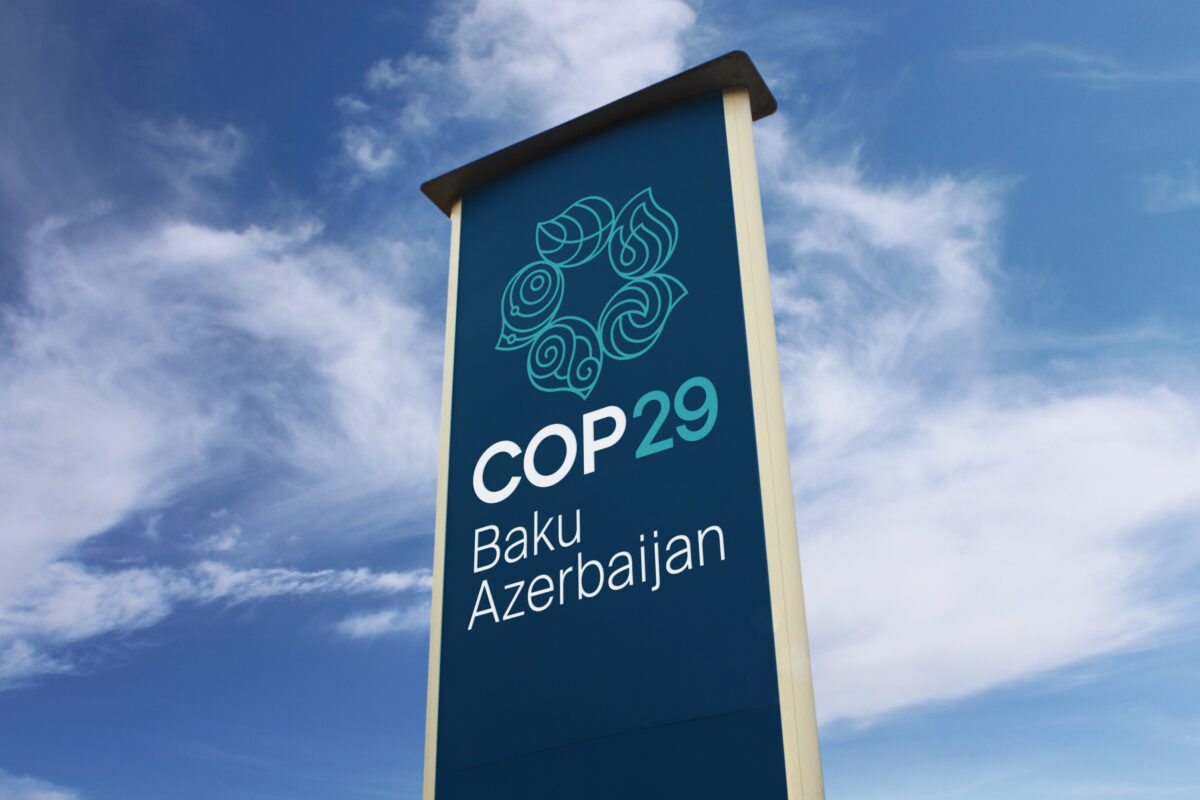The 29th United Nations Climate Change Conference (COP29), held in Baku, Azerbaijan in November 2024, arrived at a time of mounting urgency in the global climate movement. With rising temperatures, increasing natural disasters, and a deepening divide between the Global North and South, COP29 placed climate finance and equity at the heart of its negotiations. The outcomes of this summit represent both significant progress and the persistent challenges that define international climate diplomacy.
One of the most consequential outcomes of COP29 was the establishment of a new climate finance goal to replace the $100 billion annual target set at COP15 in 2009. After months of negotiations, countries agreed to a collective quantified goal (NCQG) of $150 billion per year by 2030. Importantly, the agreement emphasized a shift toward non-debt-inducing mechanisms, such as grants and concessional financing, rather than loans. This commitment is seen as a victory for developing nations, who have long argued that climate finance should not deepen their debt burdens.
In addition to finance, COP29 also addressed the critical areas of adaptation and loss and damage. Building on the progress of COP28, nations pledged an additional $20 billion to the Loss and Damage Fund, a financial mechanism designed to support countries experiencing irreversible climate impacts. The conference also launched a new Adaptation Action Framework, which aims to empower local communities through bottom-up, resilience-based strategies.
Another major theme of COP29 was the role of the private sector and carbon markets. Final rules were agreed upon for international carbon credit exchanges. These rules aim to enhance the transparency and accountability of carbon trading, and encourage countries to pursue emissions reductions collaboratively. The finalized guidelines are expected to unlock billions of dollars in private sector investment by providing clearer pathways for credible climate action.
Despite these advances, many observers and climate scientists believe COP29 did not go far enough. The new finance target, while higher than before, still falls well short of the estimated $2.4 trillion annually needed to effectively address the climate crisis on a global scale. Furthermore, the pledges remain non-binding, and history has shown that financial commitments made at COPs often go unfulfilled. Perhaps most notably, the conference failed to deliver a binding agreement on the global phase-out of fossil fuels — a decision widely criticized by activists and vulnerable nations as a missed opportunity to take meaningful action on emissions.
In conclusion, COP29 marked a step forward in terms of climate finance, adaptation, and inclusivity. However, the absence of binding emission reduction targets and the failure to secure a clear fossil fuel phase-out highlight the limitations of the current process. As the world looks ahead to COP30 and beyond, it is clear that while the direction is encouraging, the pace of action must accelerate to meet the goals of the Paris Agreement and secure a livable future for all.
Kavya Kumar is a high school student passionate about economics, data science, and environmental policy. She is eager to explore how research and innovation can address real-world challenges and inspire meaningful change. In her free time, she enjoys playing tennis, reading, and hiking.

